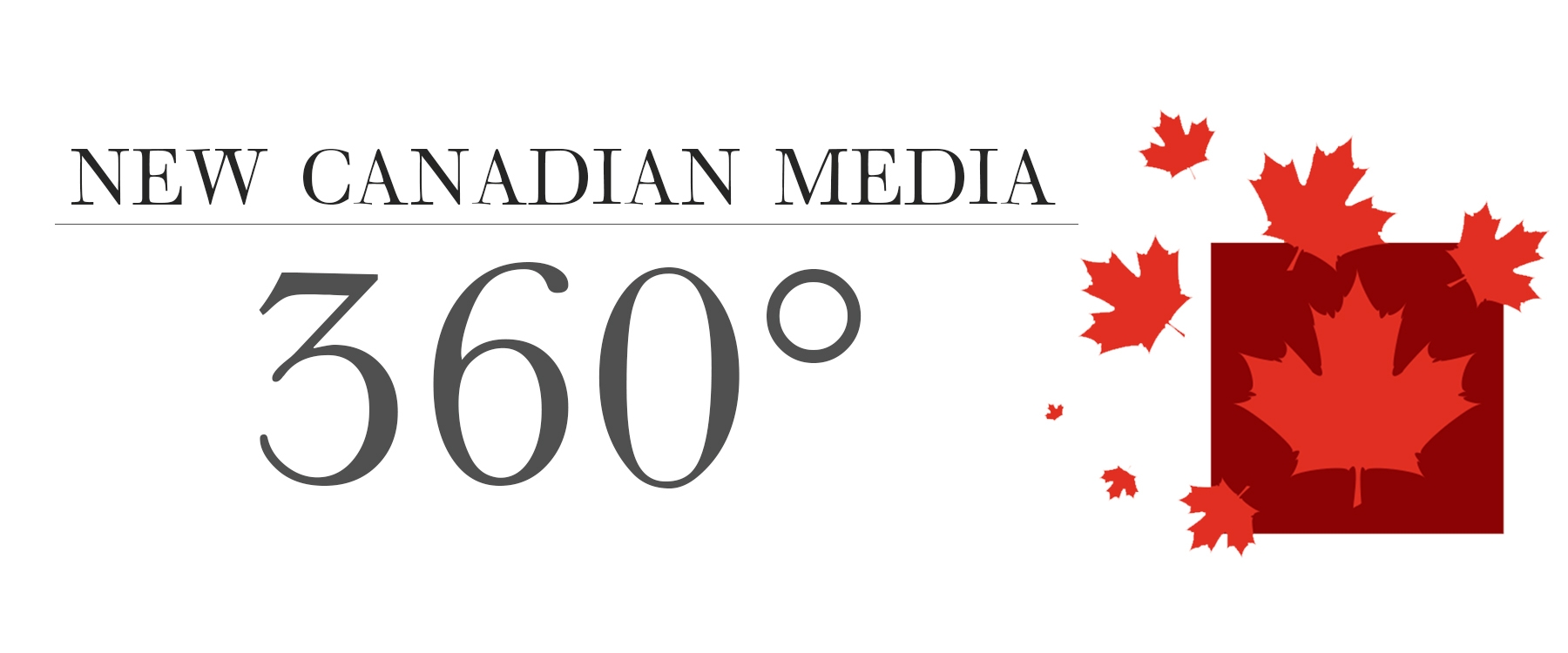
Many immigrant men feel isolated, fearful and lost upon arrival in Canada, according to multiple researchers and social agencies in the country.
Vic Lantion, a program coordinator with the Ethno-Cultural Council of Calgary (ECCC), explains that many of his clients are men suffering from clinical depression.
“They wake up at 3 a.m. asking themselves, ‘What I’m doing here?’” says Lantion.
Lantion explains that these men often struggle to cope with their ethnic and cultural expectations, which are often distorted during their resettlement process. After immigrating, they and their wives often find jobs or new avenues of social expression that might not have existed in their home countries.
At the same time, however, a lack of research on how immigrant men handle these changes makes it difficult to resolve these issues.
Immigrant men hesitate to reach out
Even when they’re struggling with mental health issues, many of these men might not ask for help because their culture sees it as weakness. “Man from visible minorities have more societal pressure not to seek support,” says Lantion.
Only 25 per cent of immigrants seek support with social agencies, and most of them are women, according to Lantion. This puts male newcomers at a disadvantage because they aren’t receiving the support they need to overcome the challenges of resettlement.
Back in their home countries, these men also enjoy a certain respect and prestige connected with their careers—one which that they might lose in Canada when forced to take other jobs, explains Lantion.
A lack of research on how immigrant men handle these changes makes it difficult to resolve these issues.
“If you’re highly educated, you have a hard time accepting you’re not a doctor or a lawyer anymore,” says Lantion, who adds men are psychologically affected by underemployment and the challenges of getting their credentials recognized.
“Men are having a cultural shock in regards [to] their gender identity and values,” he says.
Calgary Immigrant Women’s Association (CIWA) CEO Beba Svigir, says men don’t seek help as often as their wives due to many reasons.
One reason she cites is that some men don’t trust government and social agencies: “Men feel very uncomfortable because they feel the government [might] undermine their authority.”
Immigrant women are more successful than men
From his experience working with Ethiopian, Somali, Filipino and other immigrant communities in Calgary, Lantion found that men were worse off after resettling in Canada compared to women. “In the long term, immigrant women are being more successful than men,” he says.
In their traditional family roles, immigrant men are often pressured to be family providers. Meanwhile, women are expected to take care of the children. Because immigrant women tend to have more free time, they attend social programs, improving their language and their employment skills, says Lantion.
“In the long term, immigrant women are being more successful than men.”
“Culturally, men are supposed to be the providers,” says Priyadarshini Kharat, a counsellor at the University of Calgary, who found in her PhD research that ethnic men were afraid of being ashamed and ostracized by their communities for not fulfilling their roles as breadwinners.
Svigir agrees with Lantion that women are often more successful than men. She says men feel more “entitled” to cling to their careers than women, which creates self-esteem problems.
Women in the workplace
Lantion says this doesn’t happen to the same extent with women, as their identities aren’t tied to their profession, but to their role as mothers: “When women move to Canada, no one can take away their identity as a mothers.”
David Este, a University of Calgary social work professor, has conducted research on immigrant male refugees over the last 16 years. He says many ethnic men see themselves as failures if their spouse has to work, which is often the case in cities like Calgary, which are expensive to live in.
Women sometimes find work easier than men as they’re more flexible at the time of employment, says Este. “Women are more pragmatic; they need to work to survive economically.”
“Women are very resilient and they will do whatever to succeed,” says Svigir, who adds that female immigrants are open to seeking help, changing careers and accepting any job for the well-being of their children.
Many ethnic men see themselves as failures if their spouse has to work.
Este says men struggle more to adjust their newly necessary responsibilities. “Immigrant men in Canada are doing domestic chores they would never do in their home countries,” he states.
He adds that back in their countries, couples would get support from extended family members to raise their children—something not available in Canada.
“There is a [saying]: ‘It takes a village to raise a child,’” says Este.
Men traditionally ignored by the research community
“There is a humongous gap in the research about immigrant men,” says Kharat, who did her PhD research on intimate partner violence among immigrants from South Asia in Canada.
Because this demographic is often neglected by the research community, there is a lack of understanding of how the immigration process influences the well-being of men as well as their likelihood to commit domestic violence, says Kharat.
Lantion echoes Kharat, saying there are few if any studies on how men are adapting to egalitarian values.
Last year, this gap lead to the creation of a survey by multiple Alberta social agencies, including the ECCC, to better understand the barriers immigrant men face when resettling.
Preliminary results found that 96 per cent of men said it was important to have support, but only one in four men knew of any support service for men in Canada.
This is the third part in a three-part series on changing family dynamics and what it means for women immigrants in Canada. The first part and second parts discuss how women are socially and economically empowered once they reach Canada.




